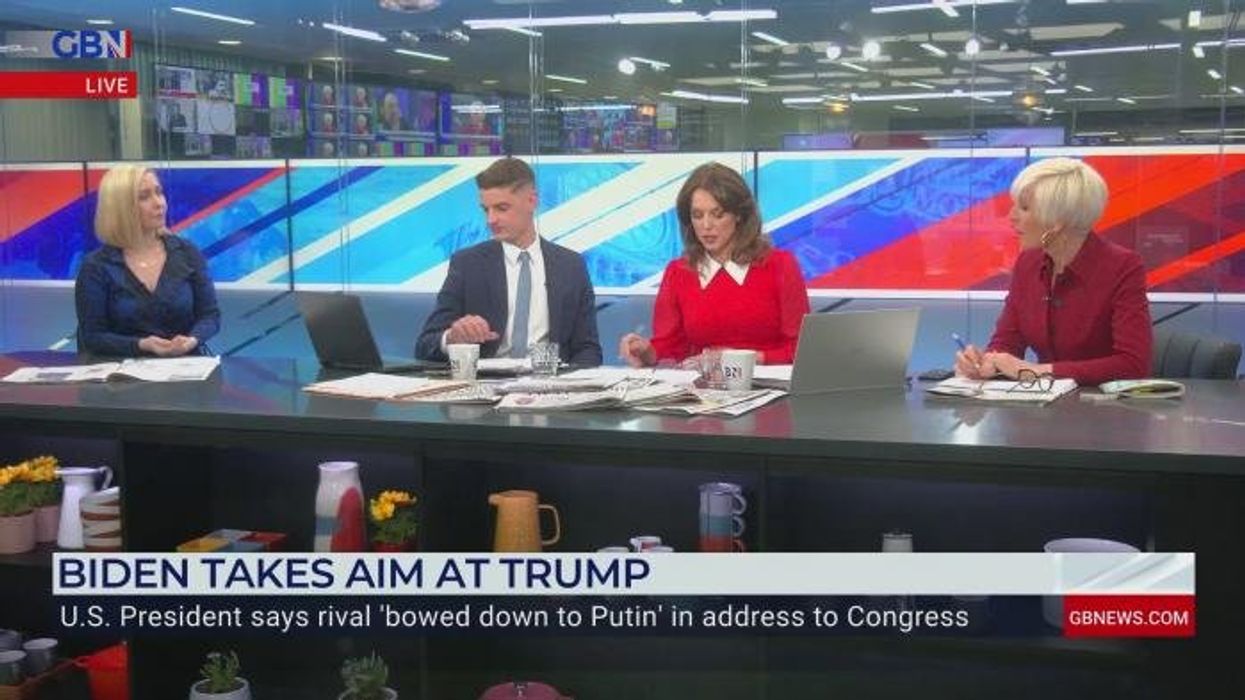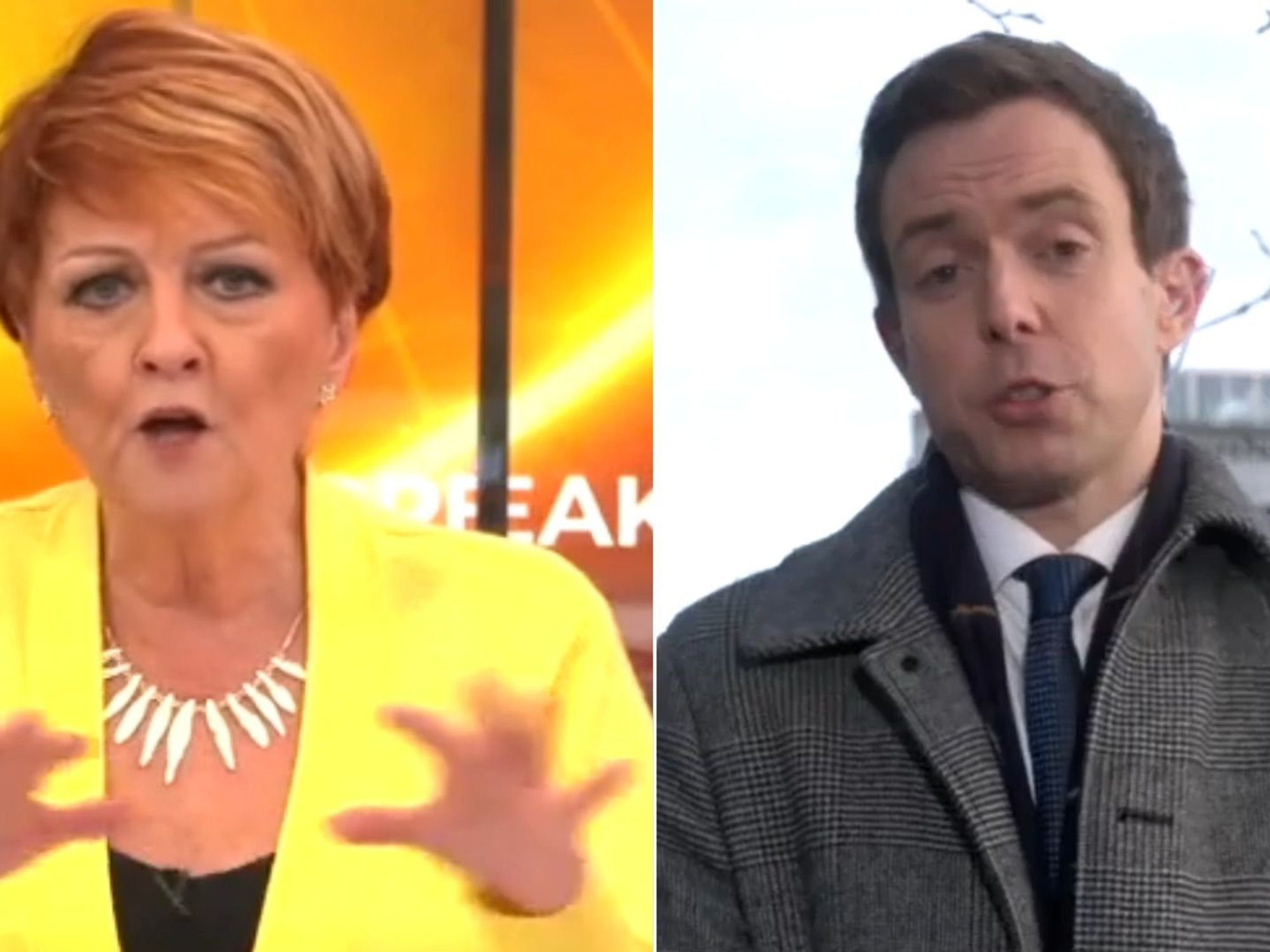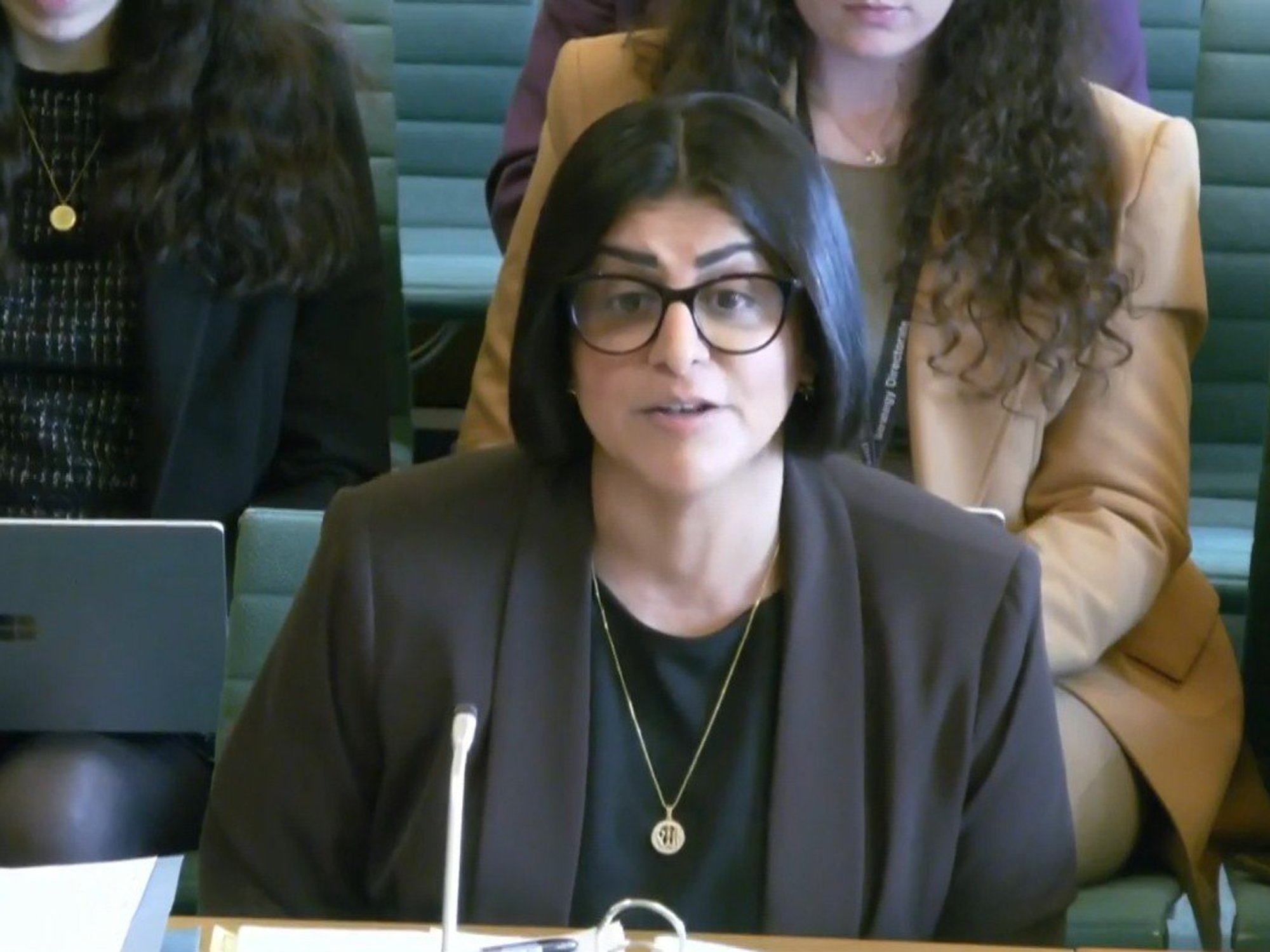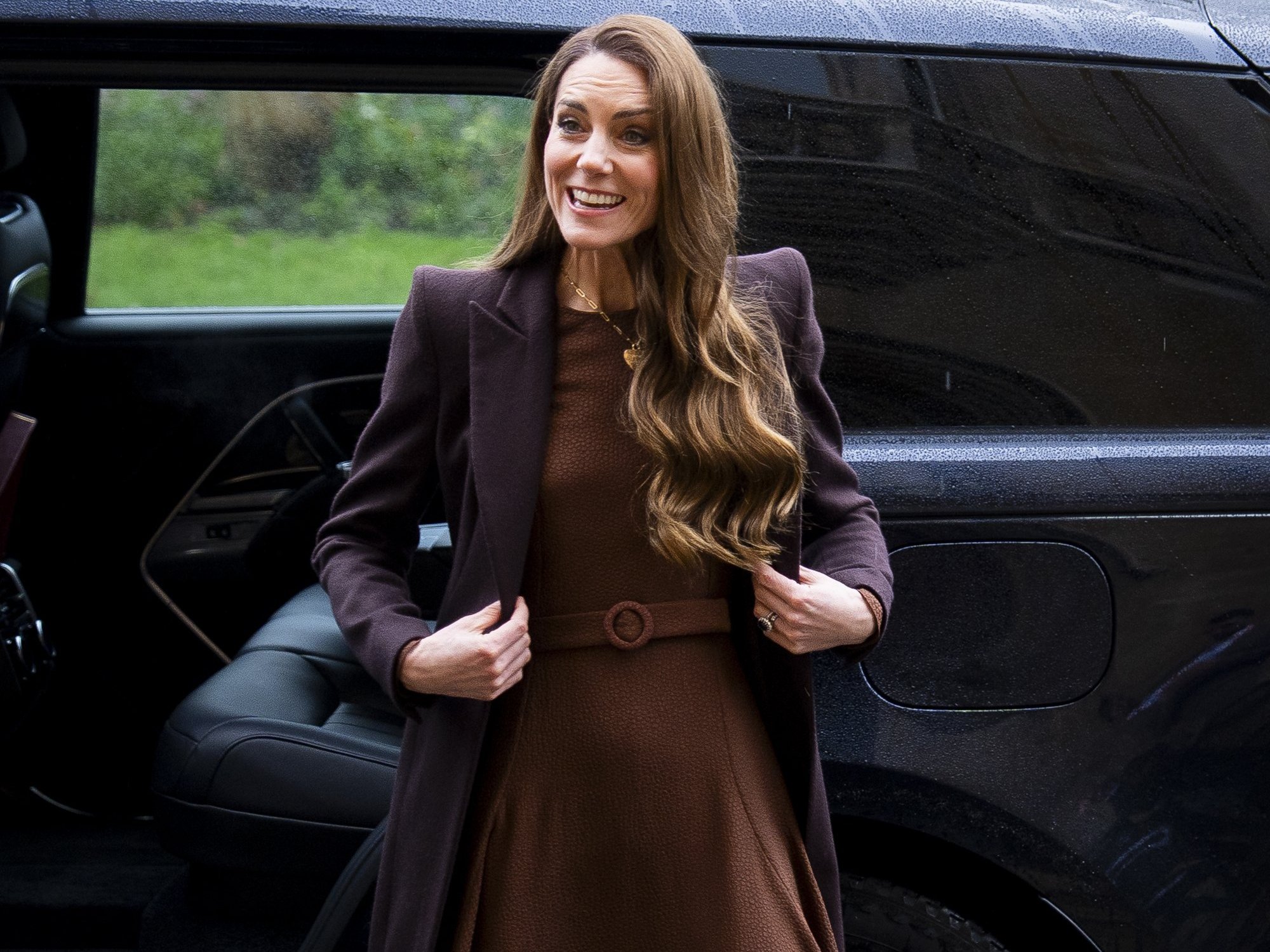Drivers see travelling costs reach 'unmanageable' heights as cars could be ditched for public transport

Three in five drivers have slammed the costs associated with owning a car in the UK
Don't Miss
Most Read
Latest
More than three out of five motorists have been found to consider car ownership financially "unmanageable", as the cost of running a vehicle continues to rise.
It comes after a study found that 65 per cent of drivers believe the expense of maintaining and running a car has become excessively high.
Despite these concerns, the report did highlight a clear disconnect between motorists' financial worries and their actual behaviour.
The report found that only two per cent of those surveyed said they would consider getting rid of their car, highlighting how deeply entrenched vehicle ownership is in daily life.
The findings come at a time when car ownership in the UK has reached record levels, with official figures showing the number of vehicles on UK roads rose by one per cent over the past year, hitting a record 41.9 million cars.
The survey revealed that 93 per cent of respondents currently own a vehicle, and among these car owners, 79 per cent said their car is essential for daily life, while 70 per cent use it every day.
More than a third of households (35 per cent) own two cars, although most (57 per cent) maintain a single vehicle.
But financial pressures continue to weigh heavily on motorists, with over half of those surveyed (56 per cent) warning they would like to buy a new car or upgrade their existing model but cannot afford to do so.

Drivers have been increasingly relying on public transport due to the hefty car costs
| GETTYPublic transport's unreliability is another significant factor keeping Britons behind the wheel.
Two-thirds (67 per cent) of respondents said they feel they cannot depend on buses, trains, or trams, while 45 per cent admitted they actively choose their car over public transport options.
A National Audit Office report has highlighted the long-term decline in bus services outside London, with passenger numbers falling by nine per cent compared to pre-pandemic levels and bus routes reduced by 15 per cent between 2019-20 and 2023-24.
Although 33 per cent of survey participants said they regularly use public transport as an alternative to driving, service reductions and unreliable schedules make it difficult for many households to switch from private vehicles.
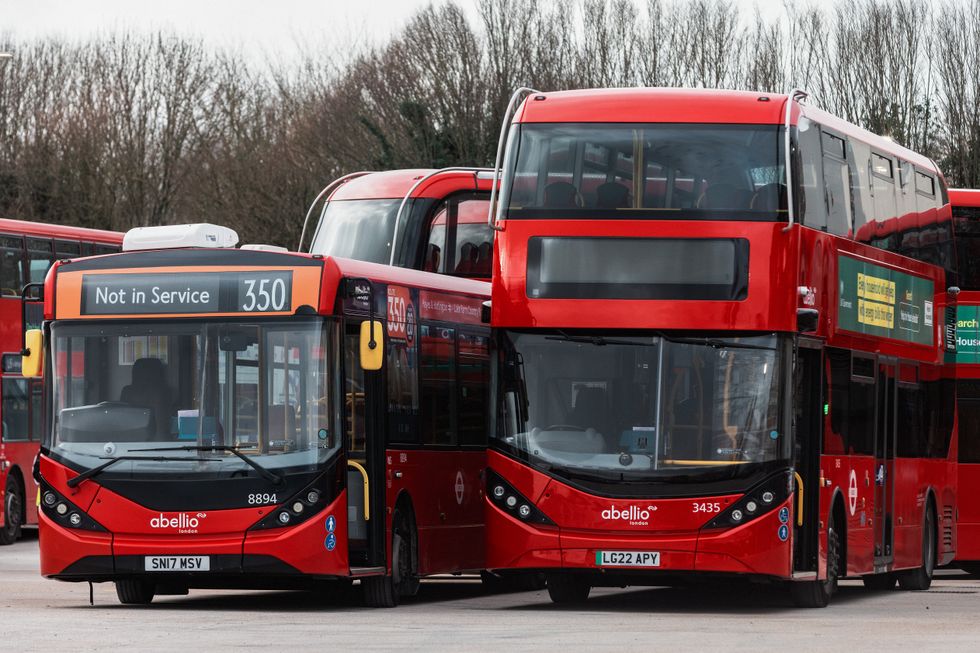
A third of drivers said they regularly use public transport as an alternative to driving
|GETTY
LATEST DEVELOPMENTS:
The research also showed that convenience plays a key role in continued car dependence.
Shopping trips were cited as the primary reason for using a car, with 84 per cent of motorists driving for this purpose, compared to 61 per cent commuting to work.
Chris Lawson, head of car insurance at Jaunt, said: "Our data confirms just how attached Brits are to their cars.
"When the average household spends £108 a week on transport with a car compared to £13 a week without, it's easy to see why people are reluctant to give them up."
The rise in temporary car insurance reflects motorists' search for more affordable and flexible alternatives to traditional vehicle ownership.
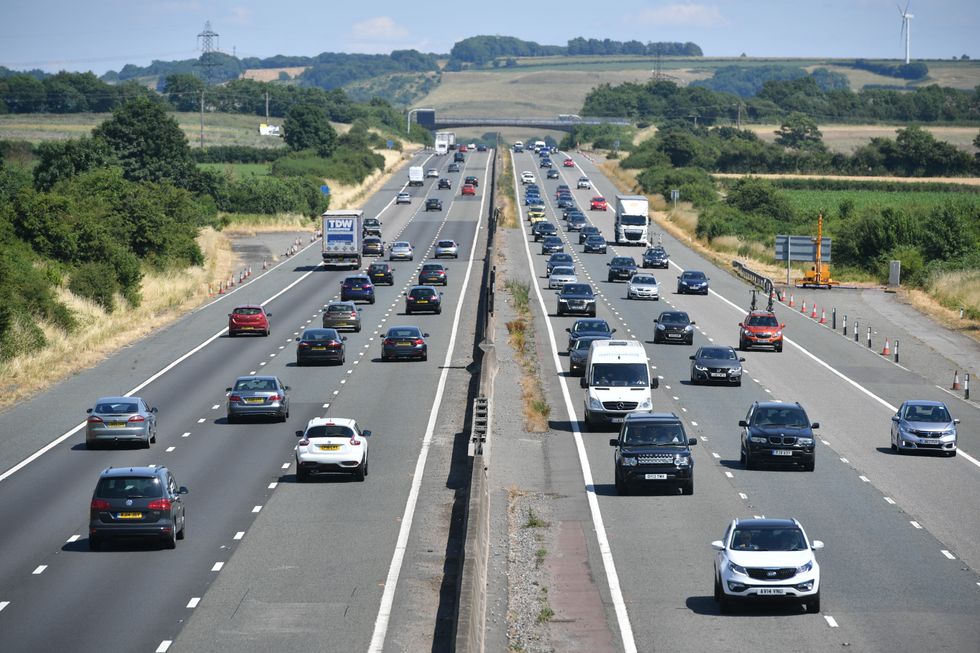
Only two per cent of drivers said they would give up driving altogether
| PAPolicies covering periods from as little as one hour to 28 days allow drivers to use a car without committing to the full financial burden of ownership.
Mr Lawson added: "With both private cars and public transport becoming increasingly expensive—and public transport sometimes unreliable—drivers are recognising the value of temporary car insurance. It's flexible, cost-effective, and covers you only when you need it."
While owning a car has never been more expensive, many British households continue to see their vehicles as indispensable, driven by convenience, reliability, and a lack of viable alternatives.
As vehicle costs rise and public transport struggles to meet demand, flexible options such as temporary car insurance may become an increasingly important solution for cash-strapped drivers, highlighting the changing landscape of British motoring.


